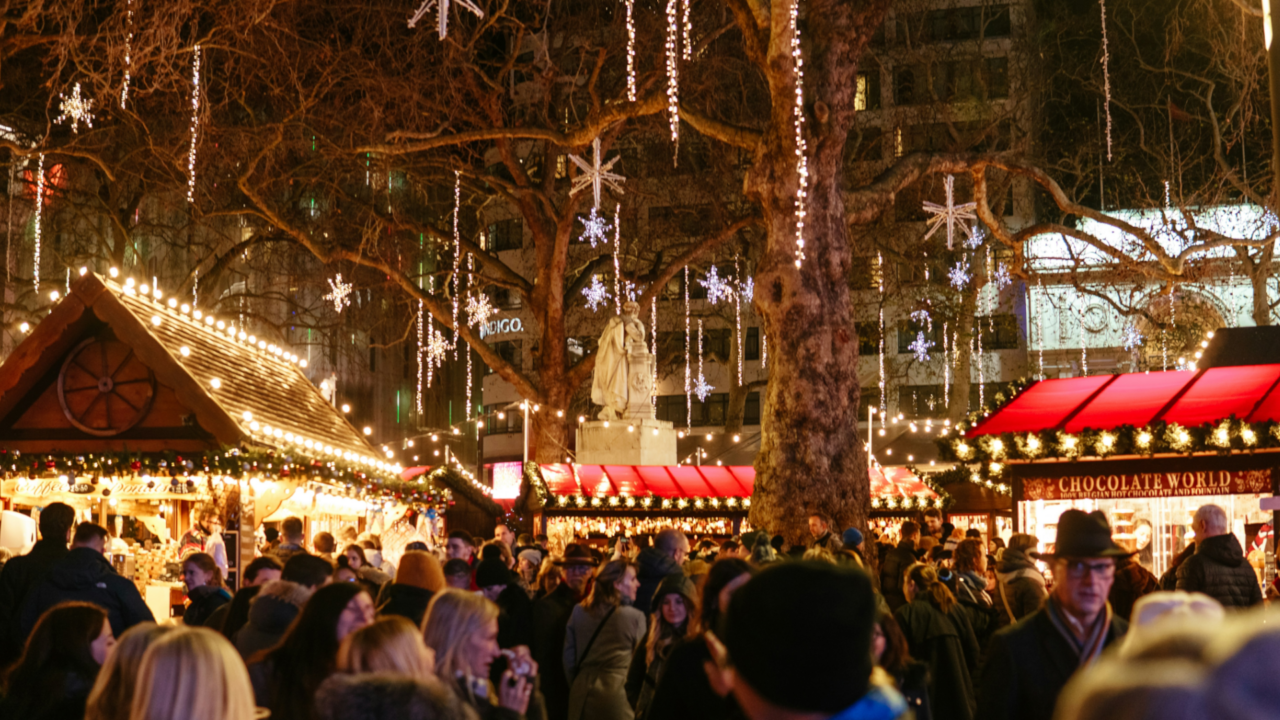We’re only halfway through November, yet Christmas markets have been open across the UK for weeks already. Are these once-magical festivities becoming too blatant of a cash grab?
Although the team at Thred always looks forward to our annual Winter Wonderland trip, we’re not oblivious to the fact that we’re basically queuing up to get scammed.
You know the drill: cosy wooden chalets, glittering trinkets, the wafting smell of grilled sausages, deep-fried churros, mulled wine and cider. These goodies promise to kickstart that holiday feeling overnight – but each of them come at a considerable cost.
The cost is so high that city-dwellers in Birmingham, Manchester, York and beyond are expressing grievances at the Christmas markets stalls emerging in their cities, which seem to be set up earlier and earlier each year.
When attending, they note that most vendors offer similar if not identical items, only with price tags that are expensive than ever. For families across England affected by the cost of living crisis, this feels like a slap in the face.
Christmas and capitalism have always gone hand in hand, but is it time to make a serious change to this approach?
I love Xmas Markets, but £6.50 for a tiny cup of mulled wine is borderline psychotic.
— Alan Smithee (@GaboTorrellas) November 17, 2024




















